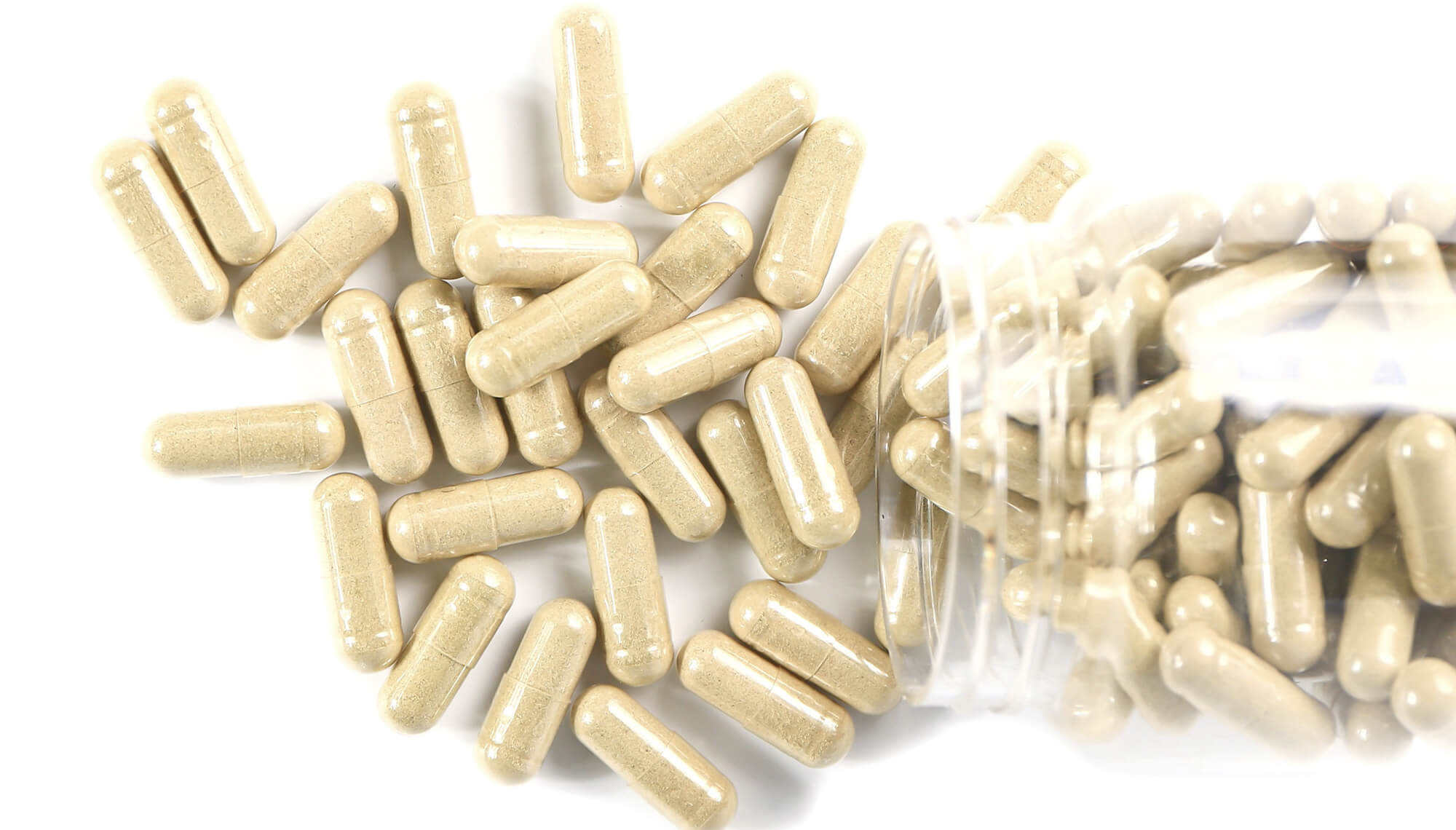Regulatory Compliance for Supplement Product Labels in the US and the EU

30 Apr 2019
Common Deficiencies
When a Supplement Product is Flagged by an Electronic Retailer or a Regulatory Authority, What are the Key Regulatory Compliance Deficiencies?
Ensuring that your dietary supplement or "food supplement", as they are known in the United States (US) and the European Union (EU), respectively, meets regulatory compliance can be a confusing task. Guidance documents can refer to multiple pieces of legislation, many lists, and/or multiple definitions. So where does one start? Here we discuss the common pitfalls that companies face regarding meeting regulatory compliance of a finished product in both the US and the EU.
Firstly, let's talk formulation. In the US, ingredients used in marketed dietary supplements prior to the 15 October 1994 are "grandfathered" from premarket clearance under the Dietary Supplement Health and Education Act (DSHEA). Likewise, in the EU, ingredients in the market place prior to 15 May 1997, the date when the Novel Foods Regulation was promulgated, are considered "not novel" and can be used without any further premarket considerations. However, the evidence required to prove that the ingredient can be considered "old" or "not novel" can be difficult to obtain. Although lists of grandfathered ingredients in the US and the EU are available, these lists may not be authoritative, or they may not contain enough information to confirm whether variances in the extraction or manufacturing process of your desired ingredient match the ingredient listed. When your ingredient is considered "new" or "novel", a premarket review of the ingredient/supplement may be required. For ingredients that are acceptable for use, the source itself may not be permitted (e.g., vitamins or minerals) or the desired use levels may be higher than recommended or permitted. Excipients also can pose problems within the formulation. The additive itself may not be permissible for use in dietary supplements, specifically, or included at use-levels above those stated in the regulatory lists.
With respect to product representations, this seems to pose even more challenges for companies. Things as simple as an image on the label may be considered an implied health claim. Even the product name itself can fall into this category. In the US, in addition to the authorized health claims, structure-function claims are permitted on dietary supplement labels; however, ensuring that the claim made matches the supporting evidence is key to your claim being truthful and not misleading. The EU has established a health claims regulation that requires all claims on a product label to be authorized prior to use; however, often the claims made are not those authorized on the basis of the scientific evidence assessed. And remember, claims on websites next to the products, but not on the products themselves, are still illegal if they are not approved.
Another obstacle in the EU is the unharmonized rules on other substances and substances with physiological effects used in food supplements within the various Member States. Despite Mutual Recognition that should promote free-trade among the Member States, some Member States may define products with these ingredients as medicines, where another may classify them as food supplements. Additionally, some Member States have mandatory notification procedures prior to market entry. Therefore, even if the rules have been followed as per the regulations, there may still be small nuances that put the product at risk of compliance enforcement.
Whatever the reason for being at risk for compliance issues, careful checks along the process of product development can help mitigate any repercussions. Intertek supports supplement producers with accurate and responsible scientific and regulatory advice on what is and what is not permitted on your products and their overall communication to the consumer. We focus on helping customers find solutions.
For more information, visit: www.intertek.com/food/consulting/supplements-nhp/
Please feel free to contact us directly with any questions or comments: food.sci-reg@intertek.com

REBECCA ROGERSON, B.Sc
Senior Manager, Toxicology & Regulatory Affairs
Health, Environmental & Regulatory Services (HERS)
Today's expert blogger is Rebecca Rogerson, Scientific & Regulatory Consultant within Intertek Scientific & Regulatory Consultancy. For more than 10 years, she has assisted international companies with navigating the varying regulations for supplement products globally helping them gain approval in key markets. As part of the Food & Nutrition Team, she also critically reviews and interprets analytical and scientific data as part of safety assessments for novel food ingredients, food additives, and supplement products.